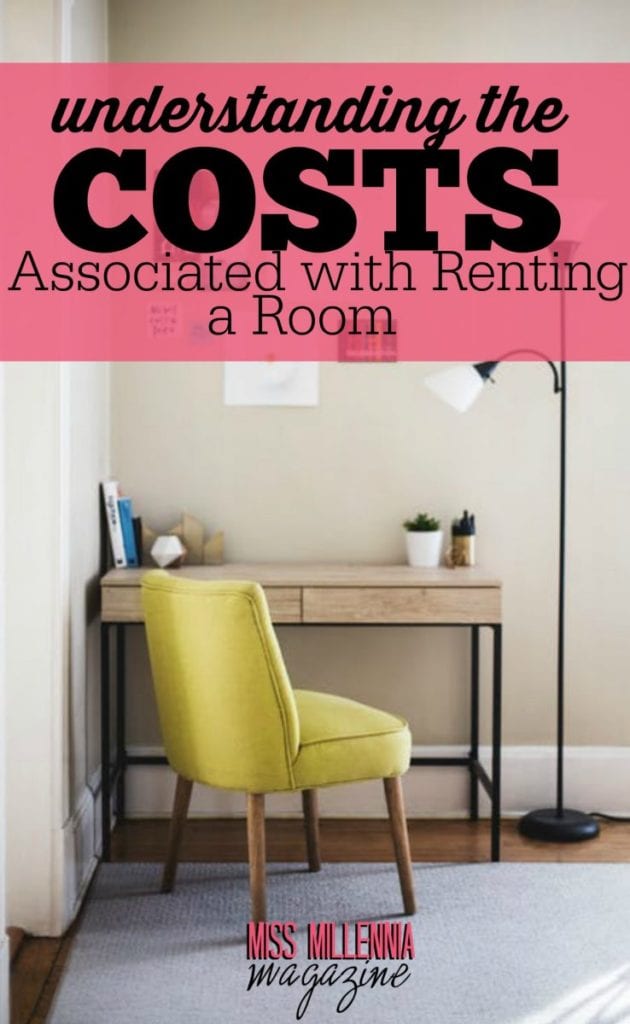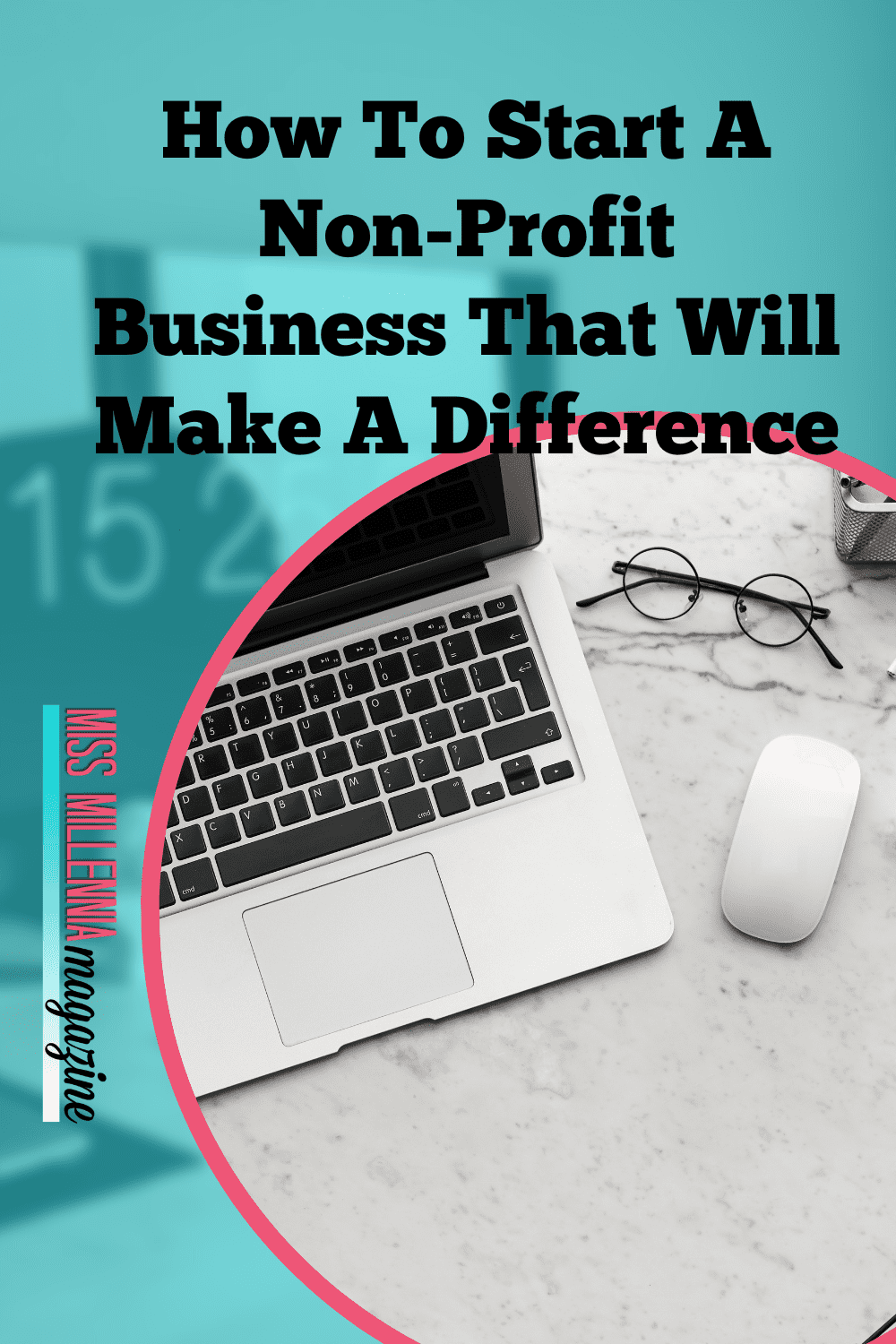Understanding the Costs Associated with Renting a Room
Are you looking to rent out a room? There are many benefits associated with going down this route. Nowadays, a higher number of people are renting, and the range and quality of rented accommodation are better than it ever has been. Renting is a lot more flexible and a lot cheaper too. Renting gives you the ability to move around easily, making it easy if you get a new job or your family gets bigger. Not only this, but renting is a lot more affordable, and more predictable too, as you won’t have to deal with unexpected repair bills and alike.
However, this does not mean that you cannot dive in headfirst and overlook the financial side of things. A lot of people don’t anticipate the total costs of renting a property, and so they can leave themselves a bit sort. This may seem a little overwhelming or daunting, especially if you have never rented out any type of property before. But there is no need to fret, as we have everything covered.

What costs are associated with renting a room?
If you are looking for a room for rent, it is important to have a full understanding regarding the costs so that you can budget effectively. You will need to save up for a deposit, and then you will have a monthly rental fee, which will typically be paid a few days before the first of every month. In most cases, your deposit will be a month and a half’s worth of rent. You will get this money back at the end of the tenancy so long as the room is handed back in perfect condition. Of course, general wear and tear is to be expected, but if the landlord needs to spend any money on restoring the room, it will come out of the deposit.
The deposit is the most substantial cost associated with renting out a room. If you know that you have enough income to pay the monthly rental fee, but you haven’t saved up for your deposit yet, don’t fret. We’ve got some top tips to help you out:
- Create a savings plan – Put together a realistic savings plan and determine how much money you are going to put away every month. It is important to be realistic. You may be desperate to move out, but if you give yourself a mountain to climb every month, you are only going to make it impossible.
- Makes sacrifices – You will need to look at your monthly spending habits and find ways to save money. Are there any areas where you are spending more than you need to at present? Why not call up your utility company and see if there are any ways to make savings? You could change your TV satellite plan, or perhaps you could cut back on the social side of things? All of the money that you save should be put away into a separate account for your deposit.
- Borrow from the bank of mom and dad – Of course, this is not an option everyone has available to them, and some people would prefer to avoid asking their parents. Nevertheless, it is certainly better to borrow from your loved ones as opposed to taking out a loan. You will be able to pay them back at a manageable rate, and you won’t have interest fees lumbered on top.
Aside from the monthly payments and the deposit, you will likely have to pay the letting agent some fees for their service. Make sure you are fully aware of this from the offset. Different firms have different charges in place, and some of them can be astronomical. In most cases, you will need to pay an administration fee, as well as a fee for credit checks and reference checks to ensure that you are a suitable tenant. Read the terms and conditions of their service, and watch out for any hidden expenses. There will be a charge for paperwork, and if you need anything extra, such as a guarantor, there will be expenses for this as well.
This should cover all of the start-up costs, but what about the ongoing costs? You will likely have monthly bills to pay on top of your rental fee. However, this is something you should discuss with the landlord. When only renting out a room, sometimes the bills will be included, so you don’t have to worry about Internet charges, energy bills, and such like. Check this out beforehand so that you are fully aware of what is included and what isn’t. Some landlords will provide a communal cleaning service, yet you may be expected to pay towards it.
You also need to consider when your rental agreement is going to be reviewed. If you have rented out the room for a year, at the end of the 12-month period, you may decide that you want to renew your contract and stay for another year or longer. If you do this, please note that you could still be subject to fees. The letting agent will need to put together another contract and, you guessed it; you will have to pay for it. You will also need to pay if there are any amendments to an existing contract. If you do decide to leave the rental room, watch out for checkout fees too.
Some final costs to be aware of are early termination fees and unpaid rent. The former relates to those that decide to leave the room before the contract is up. If you do this, you will be liable for all outstanding rent. However, some landlords implement a termination fee. Again, you will need to read your contract to be sure of this. If your rent is unpaid, and the payment bounces, you could be subject to fees from your bank.
Hopefully, you now have a better understanding regarding the different costs that are entailed when it comes to renting. If you prepare for all of the above, you can ensure you are covered for every potential circumstance.








